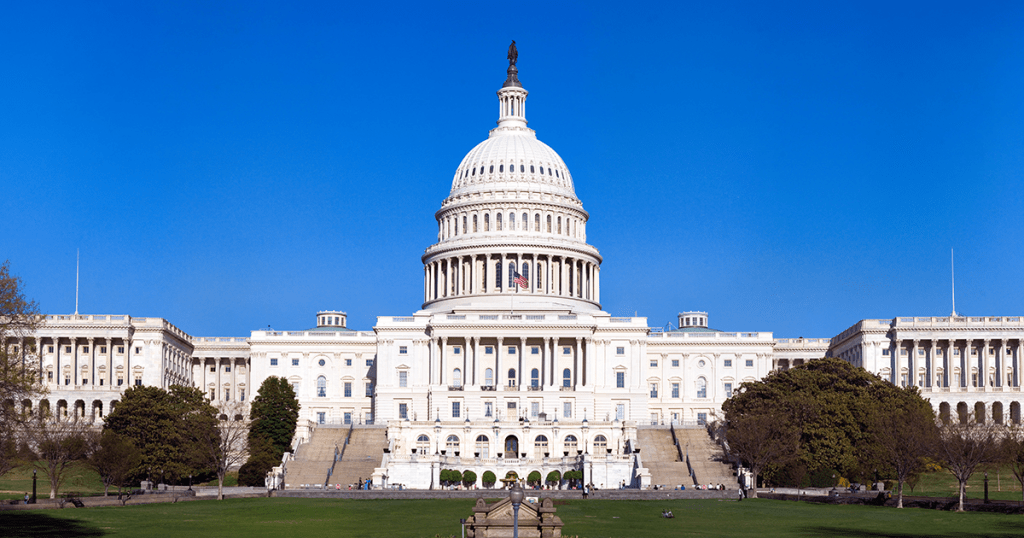The U.S. government and Congress are discussing the possibility of operating Trade Promotion Authority (TPA).
Generally, Congress and the President work together to negotiate and implement U.S. trade agreements.
Since the Reciprocal Trade Agreements Act of 1934, Congress has periodically delegated to the President limited authority to reduce tariffs by proclaiming reciprocal trade agreements.
As non-tariff trade barriers grew, Congress adopted «fast track» authority (now called TPA) in the Trade Act of 1974 to establish U.S. trade negotiating objectives and expedited legislative procedures for consideration of bills implementing trade agreements, while preserving its constitutional prerogatives.
Trade Promotion Authority
The most recent TPA, which Congress renewed in 2015 (P.L. 114-26), expired in 2021.
Thus far, the Biden Administration has not sought TPA renewal, and has pursued trade initiatives as potential executive agreements.
Potential TPA renewal could involve discussions of U.S. trade priorities, negotiating objectives, and the effects of trade policy on the domestic economy, businesses, and workers, including the role of Trade Adjustment Assistance (TAA).
Economic theory generally shows that free trade is beneficial at the national level, although the benefits and costs of trade liberalization may be unevenly distributed within a country.
According to this theory, countries produce and export goods and services in which they have a greater relative comparative advantage, and import those that are not available domestically or are produced less efficiently.
This assumes that countries adopt a market-oriented approach, follow similar rules and provide reciprocal market access.
Pros and cons
The benefits of trade can include higher wages and employment growth, a wider variety of products available at lower prices, increased productivity, as in export-focused industries, and more efficient resource allocation through competition and economies of scale.
Conversely, according to a U.S. congressional analysis, the costs of trade liberalization may include some job and business losses, and wage declines, due to import competition and offshoring of production.
These benefits and costs may vary by sector. The economic impact of trade liberalization is difficult to measure and highly debated, in part because of the many factors that influence economic activity.
Most economists agree that trade liberalization benefits the U.S. economy overall, but that it has adjustment costs for certain sectors and regions.
Workers and businesses may need more assistance and targeted policies to adjust to the effects of trade.

